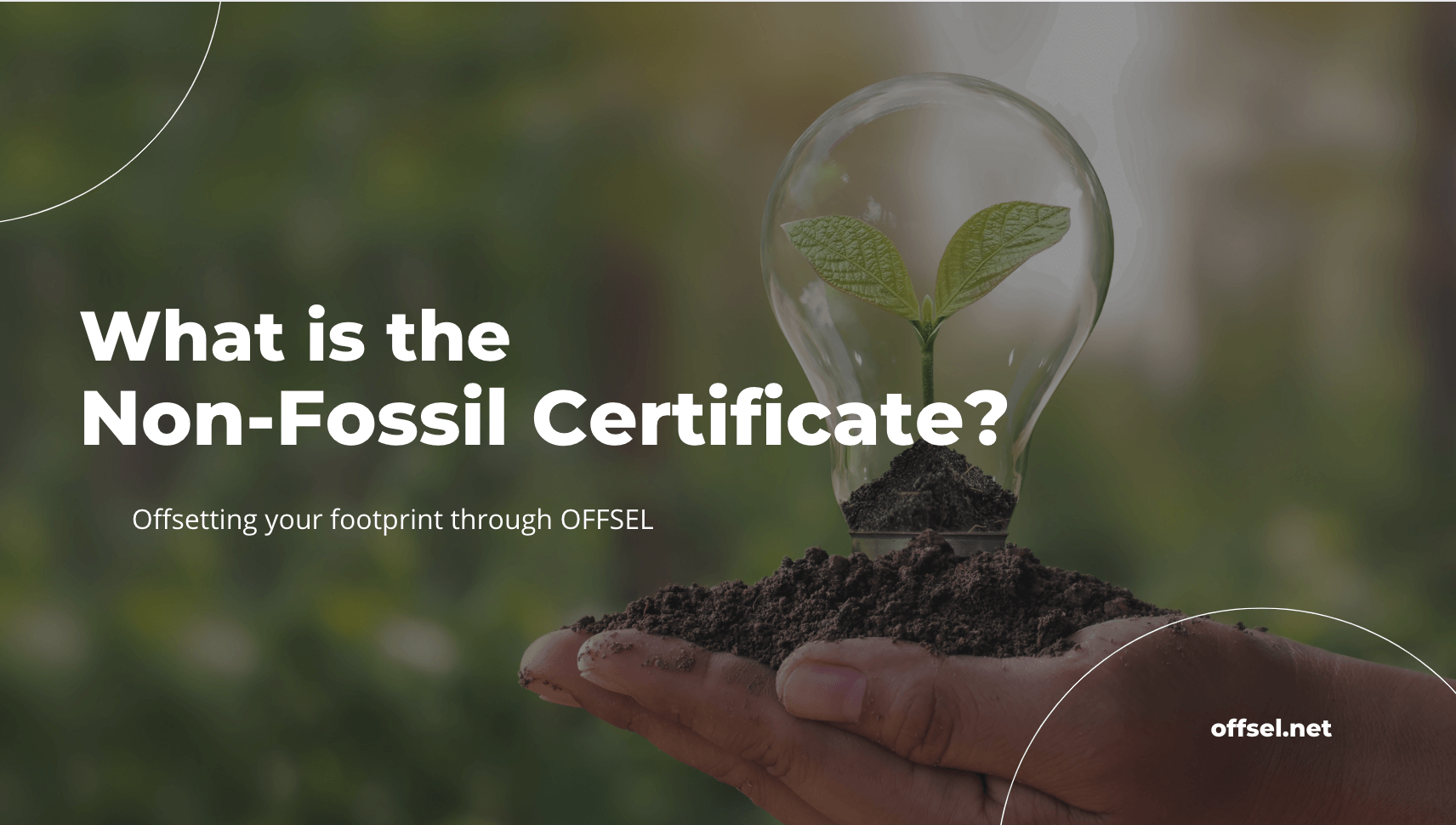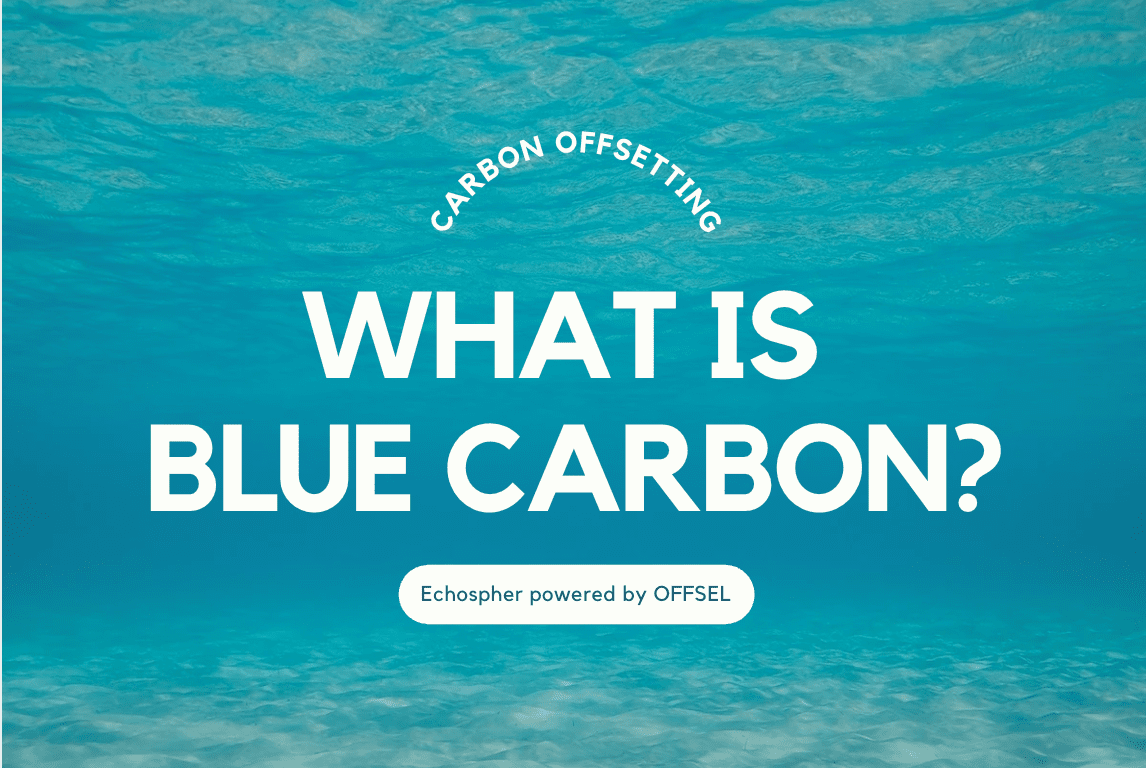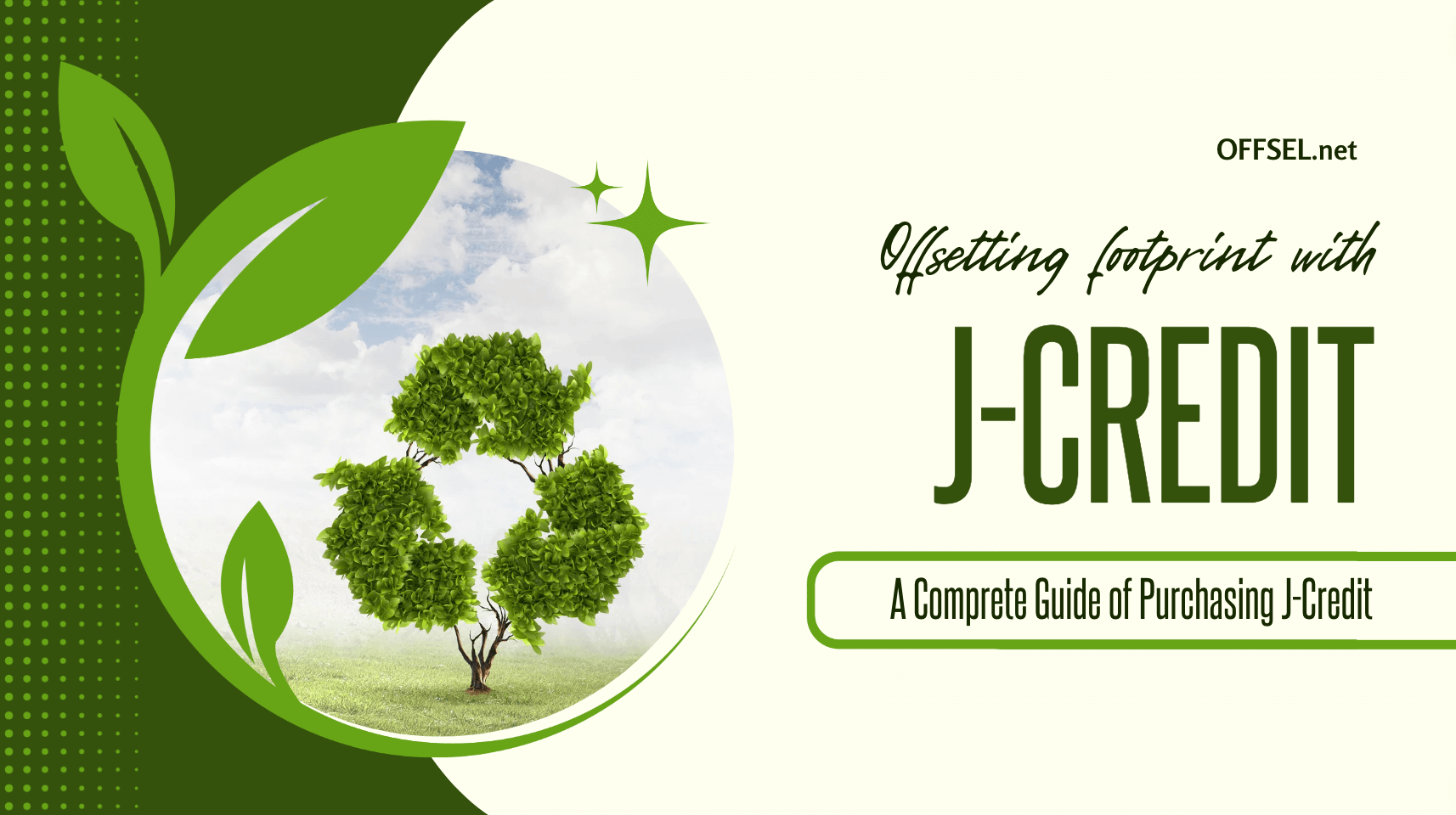A Guide Of Green Power Certificates: Explaining Merits And Challenges
- CO2-reduction
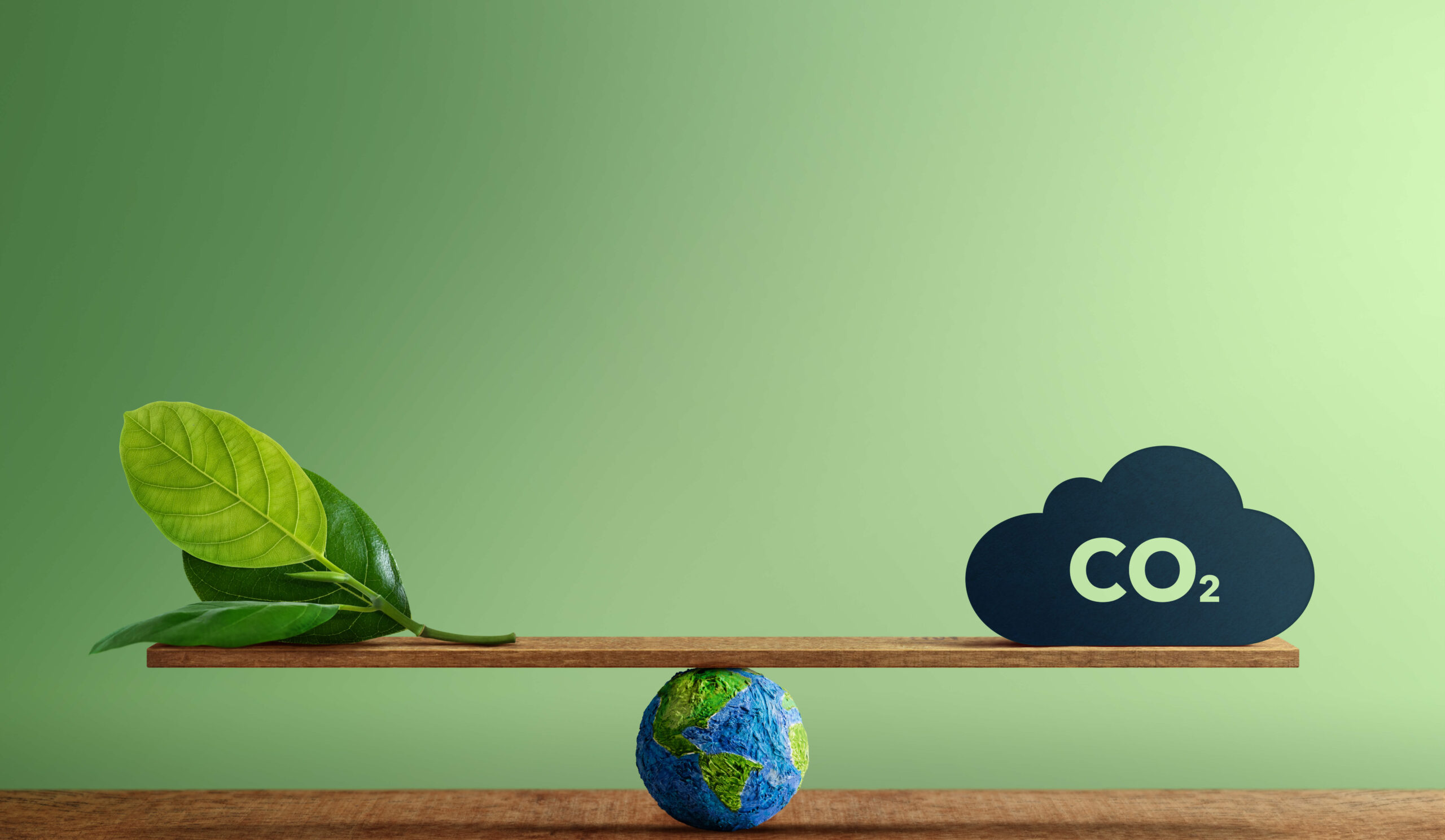
Table of Contents
What is a Green Power Certificate?
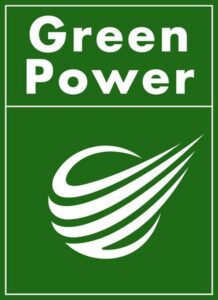
A Green Power Certificate in Japan is a unique system that allows the “environmental value” of electricity generated from natural energy sources such as solar, wind, and hydropower to be traded as a certificate. The common feature of green power generation methods is that they are all based on natural energy and produce low CO2 emissions.
Green Power Certificate scheme has two objectives:
- To enable companies and local governments that cannot own renewable energy generation facilities to contribute financially to environmental measures.
- By trading the environmental value of green power, it contributes to the promotion and expansion of green power throughout Japan.
The issuance of a Green Power Certificate requires certification by a third-party organization, specifically the Japan Quality Assurance Organization, a non-profit organization.
What is the difference of Green Power Certificate J-Credit and Non-Fossil Certificate?
In addition to the Green Power Certificate, other certificates that credit environmental value include the Non-Fossil Certificate and the J-Credit.
| Attributes | Green Power Certificate | Non-Fossil Certificate | J-Credit |
| Certificate issuer organizations | Japan Quality Assurance Organization | Green Investment Promotion Organization | Government |
| Purchaser | Corporations & Local Governments | Corporations & Local Governments | Corporations & Local Governments |
| Green added value | Electricity from renewable energy generation | Electricity from renewable and nuclear power generation | Amount of greenhouse gases reduced/absorbed |
| Transaction methods | Direct purchase from the issuer | Bidding in the non-fossil value trading market | Purchase via intermediary institution or bilateral trading |
| Types of value | Environmental value | Non-fossil value | Credit |
| Resale of permitted or not | No | No | Yes |
| Reporting standard | CDP・RE100・SBT | CDP・RE100・SBT | CDP・RE100・SBT |
The “Non-Fossil Certificates” are issued for electricity generated without the use of fossil fuels, and like the Green Power Certificate, it can be sold to other companies. However, a major difference is that the Non-Fossil Certificate also includes electricity generated from nuclear power.
While the “J-Credit” scheme is similar in that it trades value, it differs significantly from the first two in that it does not involve electricity, but rather a mechanism where credits are issued according to the reduction and absorption of GHG (Greenhouse Gases).
Offsetting your carbon through OFFSEL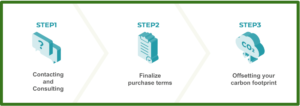 An authorized agent, OFFSEL is a Japanese service that sells Non-Fossil Certificates at the cheapest price, aiding corporations and local governments in carbon offsetting and decarbonization efforts. An authorized agent, OFFSEL is a Japanese service that sells Non-Fossil Certificates at the cheapest price, aiding corporations and local governments in carbon offsetting and decarbonization efforts.
|
What are the benefits of purchasing Green Power Certificates?
Contribution to CO2 reduction
Purchasing Green Power Certificates contributes to CO2 reduction. This is because the purchasing company or local government can count and report the ‘amount of power generated’ listed on the certificate as the amount of CO2 they have reduced and report it.
Some argue that simply purchasing a certificate does not equate to actual reduction, but certificates are intended for entities with set reduction targets to purchase ‘in case they cannot meet their targets.’ In reality, these companies often achieve significant CO2 reductions through their efforts.
Eligibility for reporting to RE100
The mechanism by which the purchase of Green Power Certificates equates to actual CO2 reduction for companies is not arbitrary.
It is in line with international standards such as CDP and RE100, which allow CO2 reduction amounts to be reported. RE100, in which the Ministry of the Environment participates, aims to have 100% of the electricity consumed by companies come from renewable sources. As of February 2023, 77 companies in Japan have joined, and this number is expected to increase.
Source: https://www.there100.org/re100-members
Demonstrates commitments to decarbonization
Companies that purchase Green Power Certificates can demonstrate that they are actively engaged in environmental issues and decarbonization, thereby enhancing their social status.
This trend is expected to strengthen, and it is essential for companies to survive not only in Japan but also globally. In addition, companies that use renewable energy are also favored by the international standard managed by CDP, which many institutional investors have signed. Companies with high scores in the CDP are attractive to investors with ESG investment policies
What are the disadvantages of purchasing Green Power Certificates?
Small market size and limited issuance
Although more and more companies adopt Green Power Certificates, the market size is still not very large, and the issuance volume is limited. The relative size of the market becomes clear when compared to the issuance volume of other certification schemes (as of the fiscal year 2017):
| Type | Energy Amount |
|---|---|
| Green Power Certificates | 378 million kWh |
| Non-Fossil Certificates | about 1.1 billion kWh |
| J-Credits | 53.1 billion kWh |
※Source from: Renewable Energy Institute of Japan
According to data published by the Japan Quality Assurance Organization, there were 1,330 cases of green power certification in 2012, with the certified power amount exceeding 300 million kWh. In 2022, the certified power amount reached a record high of 860 million kWh, but in the second quarter of 2023, it was estimated at 4.16 kWh, which is expected to be lower than the previous year. In particular, the number of certifications is on a declining trend, with 347 in 2022 and only 132 as of the second quarter of 2023.
※Sources from:
JAPAN QUALITY ASSURANCE ORGANIZATION
Renewable Energy Institute of Japan
Higher cost compared to other environmental values
Due to the small market size explained above, the purchase price of the certificates is relatively higher compared to other certificates and credits:
| Type | Price |
|---|---|
| Green Power Certificates | about 2 to 7 yen/kWh |
| Non-Fossil Certificates | about 0.3 yen/kWh (lowest price, FIT) |
| J-Credits | 0.5 to 1.0 yen/kWh |
※Prices above differ on occasion
※Source from: Ministry of the Environment
At present, with the price of Green Power Certificates as high as 7 yen, this cost is an obstacle to their wider use. In the future, it will be necessary to refine the system so as to provide higher incentives for the companies that implement it, while also taking into account the profitability of the sellers.
Source from: Ministry of the Environment
Offsetting your carbon through OFFSEL An authorized agent, OFFSEL is a Japanese service that sells Non-Fossil Certificates at the cheapest price, aiding corporations and local governments in carbon offsetting and decarbonization efforts. An authorized agent, OFFSEL is a Japanese service that sells Non-Fossil Certificates at the cheapest price, aiding corporations and local governments in carbon offsetting and decarbonization efforts.
|
How to purchase Green Power Certificates
The process of purchasing Green Power Certificates is as follows:
- Decide where the certificate can be purchased: Select the issuer from whom you wish to purchase the certificate.
- Request a quote: Request a quote for the certificate.
- Purchase the certificate: Complete the purchase of the certificate.
- Announce the purchase: Announce the fact that you have purchased the certificate.
Green Power Certificates are purchased directly from authorized issuing companies. Since the method of sale varies from issuer to issuer, it is necessary to check the list of issuing companies published by the Japan Quality Assurance Organization or check the official websites of these companies.
Some issuers may offer quote tools on their official websites, which may be useful. After getting the quote, follow the official procedures set by each issuer to make the purchase.
You can publicize the fact that you have purchased green power certificates. However, it is necessary to include certain information such as the issuer’s brand and the purpose of the purchase, therefore it is recommended to check the guidelines to ensure that all requirements are met.
Green power certificates, which allow the trading of electricity generated from green energy sources such as solar and wind to be traded as an “environmental asset” benefit both the sellers and buyers.
It is true that there are still challenges at present, on the other hand however, as more companies adopt this system, green power generation is expected to become more widespread, bringing us one step closer to realizing a decarbonized society.
You May Interested In:
A guide of Carbon Neutrality – What is the Difference between Net Zero and Decarbonization?
Everything About Carbon Credits: How They Work and their Benefits.
CONTACT US
Please feel free to contact us at anytime.
We will get back to you as soon as we
can!
Editor
OFFSEL Owned by Erevista Inc, OFFSEL is specializes in Environmental issues, especially in carbon neutrality. We primarily provide the latest information on environmental energy.

